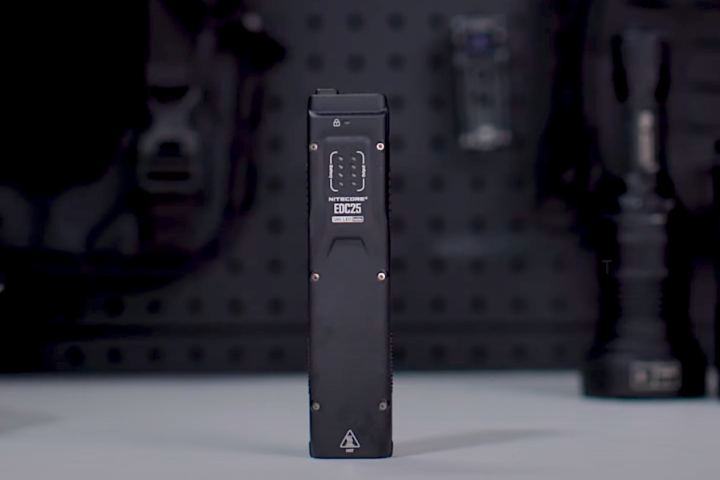PlanetiQ has begun testing its new Pyxis weather instrument. Pyxis tracks GPS signals traveling through the atmosphere and makes measurements based on their behavior. PlanetiQ says it can "dramatically improve weather forecasting, climate monitoring and space weather prediction."
Like Spire, PlanetiQ plans to launch a constellation of microsatellites with weather monitoring technology installed, and Pyxis will be one of the instruments that the PlanetiQ satellites will host. It uses a technique called GPS Radio Occultation (GPS-RO) in which GPS signals in the atmosphere are tracked and converted into measurements of global temperature, pressure and water vapor.
PlanetiQ explains that the data collected will be much like that of weather balloons, but on a greater scale. Using an initial constellation of 12 satellites, the company says it will be able to make over 8 million observations of temperature, pressure and water vapor per day, which equates to more than 10 times the amount of data that current GPS-RO sensors in orbit are able to produce.
GPS-RO is said to be a highly accurate means of forecasting and particularly effective at predicting high-impact weather such as hurricanes and winter storms. Its sensor technology is able to penetrate through clouds and to the lowest layers of the atmosphere where severe weather occurs. Until now, however, there has simply been a lack of GPS-RO data available.
"The Earth's atmosphere is radically under-sampled at present, especially over the oceans which cover 70 percent of the Earth's surface," says PlanetiQ Founder Chris McCormick. "With the speed of innovation in sensor technology, space hardware and launch, the weather forecast will dramatically change for the better in the near future."
The PlanetiQ initial constellation of 12 satellites is expected to be launched in 2016 and 2017.
Source: PlanetiQ





